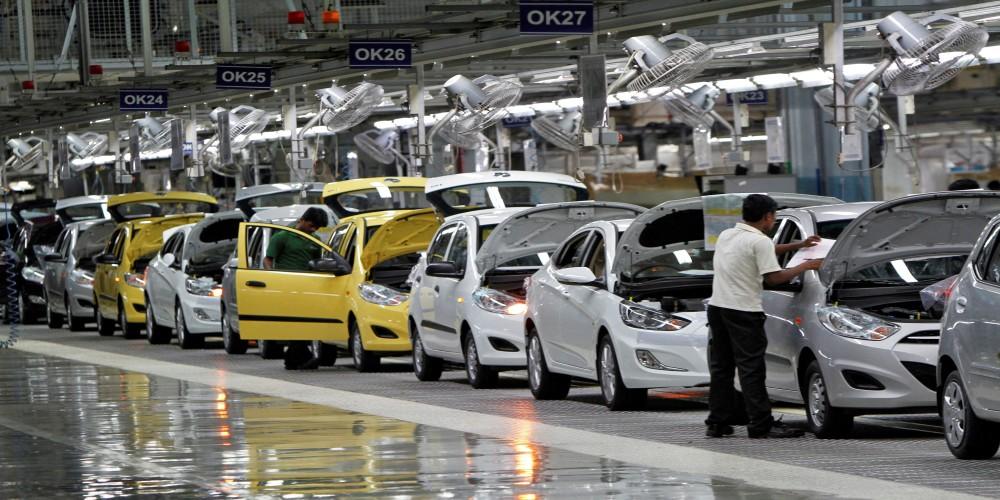India's automotive industry has seen unprecedented growth over the past decade, propelling the country to become the 4th largest automotive producer in the world. As vehicle manufacturing increases, so too does the demand for automotive stamping - the process of pressing or stamping sheets of metal into desired shapes and parts. India's automotive stamping sector has emerged as a critical cog in the country's automotive manufacturing ecosystem.
India’s auto component industry has grown rapidly in recent years, in large part due to strong policy support from the government. The Automotive Mission Plan 2016-26 laid out an ambitious roadmap to increase the size of the auto component industry to over US$200 billion by 2026. Several factors such as lower labor and production costs compared to developed nations, increased local manufacturing under ‘Make in India’, and rising vehicle demand have attracted major global auto component makers to set up bases in India.
The automotive stamping segment is a major driver of growth within the auto components space. According to various industry estimates, the Indian automotive stamping was valued at over US$5 billion in 2019 and is projected to reach US$10 billion by 2025, growing at a CAGR of around 10%. World-class stamping presses and modern facilities are attracting large outsourcing orders from global OEMs. Major automakers like Maruti Suzuki, Hyundai, Tata Motors, Mahindra & Mahindra and others are fully utilizing their local supplier ecosystem, including stampers.
A handful of large domestic and international companies currently lead India Automotive Stamping. Bharat Forge and Motherson Sumi Systems are the undisputed leaders with a combined share of over 30%. Bharat Forge brings proven global expertise in forgings and stampings, while Motherson Sumi is a global tier-1 supplier with a strong local reach.
Going forward, the industry's long-term outlook seems promising as Make in India steadily gains momentum. As Indian auto majors globalize operations through new plant investments overseas, local stamping vendors stand to gain from supplying overseas orders as well. Integrated suppliers plan to invest over $2 billion cumulatively by 2025 on capacity upgrades and R&D centers. If policy support continues and domestic demand remains strong, India’s automotive stamping sector seems poised for healthy growth well into the next decade. The rising complexity of vehicle design will also elevate the stamping industry's technological proficiency to new heights.
Get more insights on India Automotive Stamping
Also read related article on Microsegmentation Market

